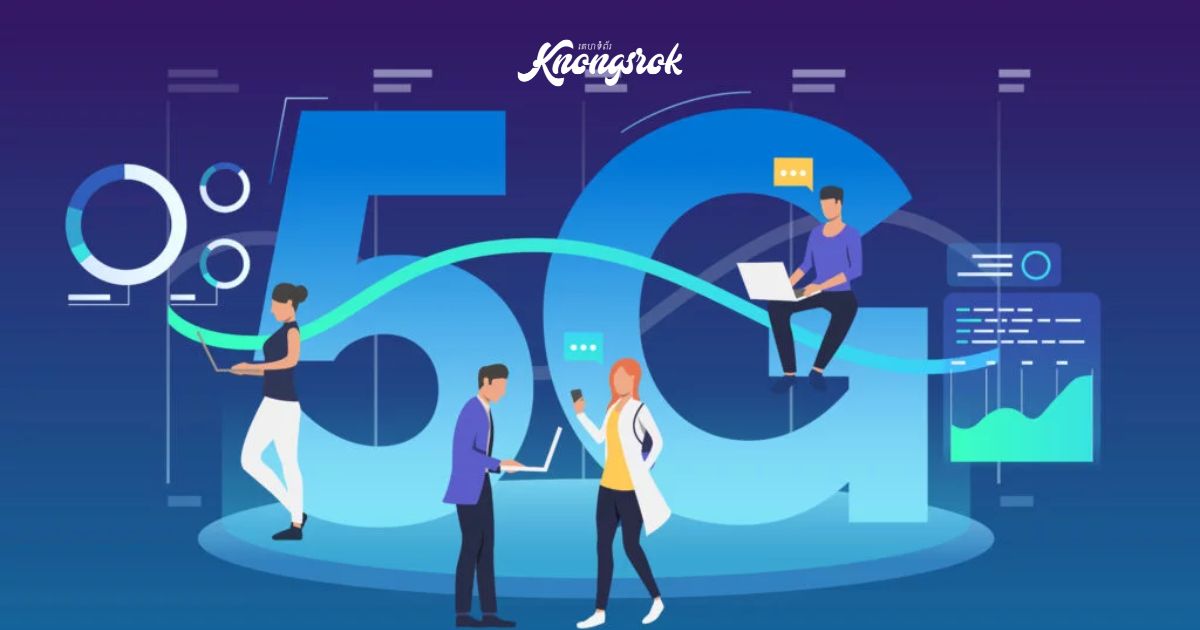What Are the Different Types of Empowerment?
What Are the Different Types of Empowerment?
Empowerment is the process of gaining confidence, control, and autonomy in various aspects of life. It can occur in different contexts and take various forms. Understanding the different types of empowerment can help individuals and organizations effectively support and promote growth and self-efficacy.
1. Personal Empowerment
•Self-Efficacy: Building confidence in one’s abilities and believing in the capacity to influence outcomes and achieve goals.
•Self-Actualization: Fulfilling one’s potential by pursuing personal passions, interests, and strengths.
•Emotional Regulation: Developing the skills to manage and understand one’s emotions, leading to better decision-making and stress management.
2. Social Empowerment
•Community Engagement: Encouraging active participation in community activities and decision-making processes to strengthen social ties and influence community development.
•Social Justice: Advocating for equality, fairness, and the rights of marginalized or disadvantaged groups.
•Support Networks: Building and maintaining strong relationships and support systems that offer emotional, social, and practical assistance.
3. Economic Empowerment
•Financial Independence: Gaining control over personal finances through budgeting, saving, investing, and earning income.
•Entrepreneurship: Starting and managing a business to create economic opportunities and self-sufficiency.
•Employment Opportunities: Accessing fair and equitable job opportunities, professional development, and career advancement.
4. Political Empowerment
•Civic Participation: Engaging in political processes, such as voting, advocacy, and policy-making, to influence governance and societal change.
•Leadership Roles: Taking on leadership positions and roles within organizations or government to shape policies and drive change.
•Rights Awareness: Understanding and exercising civil rights and liberties to promote political and social justice.
5. Educational Empowerment
•Access to Education: Ensuring equal opportunities for learning and personal development through access to quality education and training.
•Knowledge and Skills: Acquiring knowledge and skills that enhance personal and professional growth, and enable informed decision-making.
•Lifelong Learning: Encouraging continuous learning and skill development to adapt to changing circumstances and opportunities.
6. Health Empowerment
•Health Literacy: Gaining knowledge about health, wellness, and medical care to make informed health decisions and manage one’s well-being.
•Self-Care: Implementing practices that promote physical and mental health, such as regular exercise, healthy eating, and stress management.
•Access to Healthcare: Ensuring access to affordable and quality healthcare services to address health needs and improve overall quality of life.
7. Environmental Empowerment
•Sustainable Practices: Adopting practices that contribute to environmental conservation and sustainability, such as reducing waste and conserving resources.
•Environmental Advocacy: Promoting policies and initiatives that protect and preserve natural environments and address climate change.
•Community Action: Participating in local environmental efforts and projects to enhance the health and sustainability of communities.
8. Digital Empowerment
•Technology Access: Gaining access to digital tools and resources that enable participation in the digital economy and communication.
•Digital Literacy: Developing skills to effectively use digital technology and navigate online platforms for personal and professional purposes.
•Online Safety: Understanding and applying measures to protect personal information and ensure safety while using digital platforms.
Conclusion
Empowerment encompasses a range of types, each focusing on different aspects of personal and collective growth. From personal and social empowerment to economic, political, educational, health, environmental, and digital empowerment, each type plays a crucial role in fostering independence, confidence, and influence. By recognizing and supporting these various forms of empowerment, individuals and communities can work towards greater self-efficacy, equality, and overall well-being.














